best practices to optimize your workflow
Here are some best practices to optimize your workflow when using Clip Studio Paint (CSP) or similar tools:
Layer Management:
Organize Layers: Always name your layers and use folders to group related layers. This will help keep your workspace clean and make it easier to find and edit specific elements.
Lock Unused Layers: Lock layers that are not currently in use to avoid accidentally editing or moving them.
Use Layer Color: For sketches or underlying work, use layer color options to distinguish between different layers visually.
Selection Tools:
Quick Selections: Use shortcuts for common selections (e.g., marquee, lasso) to speed up the process.
Save Selections: Save complex selections to reuse later, especially when working with detailed areas or repeating elements.
Brush Settings:
Custom Brushes: Customize or download brushes to fit your specific needs. Create a set of brushes you regularly use to avoid unnecessary searching.
Pen Pressure Sensitivity: Adjust brush settings to match your drawing style, ensuring smooth strokes that respond to pressure levels.
Shortcuts:
Memorize Shortcuts: Prioritize learning shortcuts for the tools and actions you use most frequently, like switching tools, adjusting layers, or transforming selections.
Customize Shortcuts: Tailor keyboard shortcuts to your workflow by customizing them to match your most-used tools.
File Organization and Saving:
Save Incrementally: Create multiple save files using a naming convention like "filename_v1," "filename_v2," etc., to track progress and avoid losing data.
Autosave or Save Frequently: Enable autosave features or manually save frequently to avoid losing work during unexpected crashes.
Canvas Navigation:
+ ZoomandPanEfficiently:Useshortcutslike\[Space\]Clicktopanand\[CtrlSpace\]tozoom,avoidingtheneedtoleavethedrawingsurfacefornavigation.
+ RotateCanvas:Whenworkingonspecificangles,rotatethecanvas(e.g.,\[CtrlR\])insteadofcontortingyourhandorwristformorecomfortabledrawing.
Color Management:
Use Color Palettes: Create a custom color palette for your project to ensure consistency across your artwork.
Adjust Hue/Saturation (Non-destructively): Apply adjustments using separate layers or through masks to maintain flexibility in tweaking colors later.
Efficient Use of UI:
Hide Panels: Use [Tab] to quickly hide or unhide UI panels, keeping your workspace clear for detailed work.
Customize Workspace: Adjust the workspace layout based on your workflow, placing the most used tools within easy reach.
Backup and Export:
Cloud Backup: Store your files in the cloud or regularly back them up externally to prevent data loss.
Optimize for Output: When exporting your files for different purposes (print, web), ensure the resolution and format are appropriate for the platform.
By adhering to these best practices, you can streamline your workflow, maintain organization, and reduce errors or inefficiencies in your creative process.


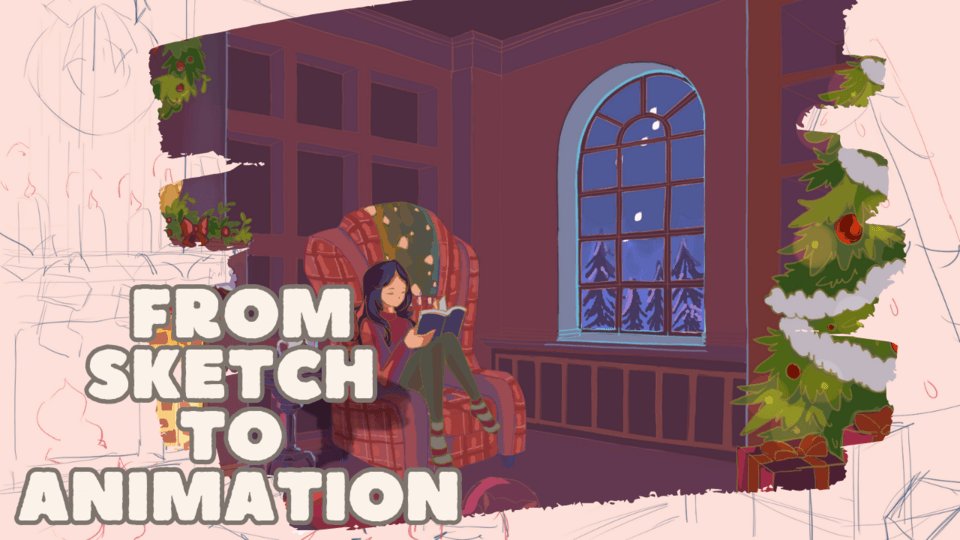
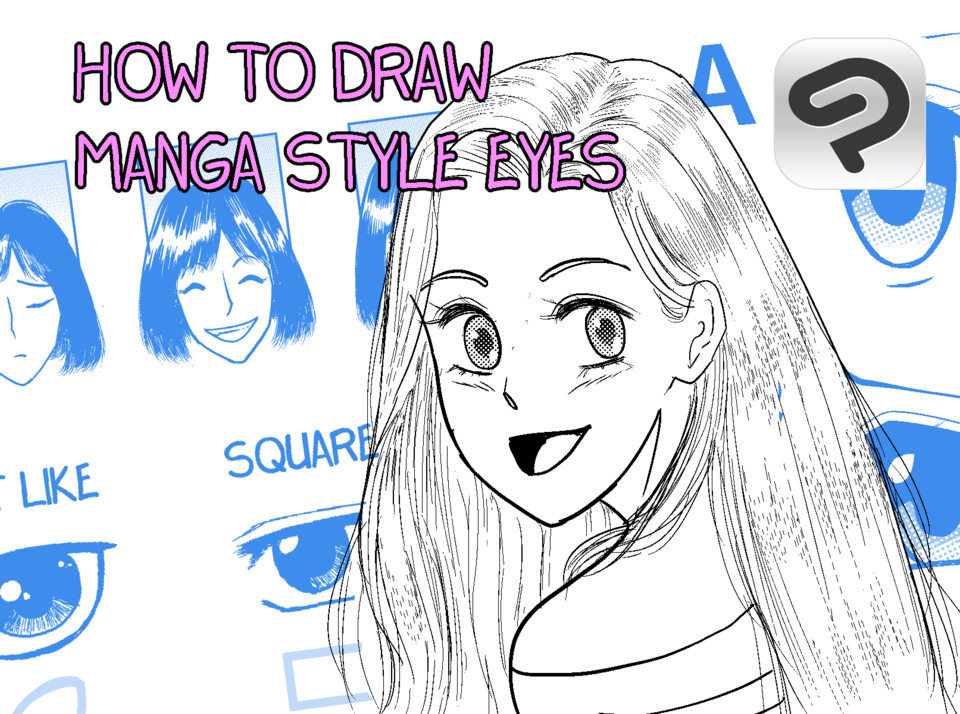
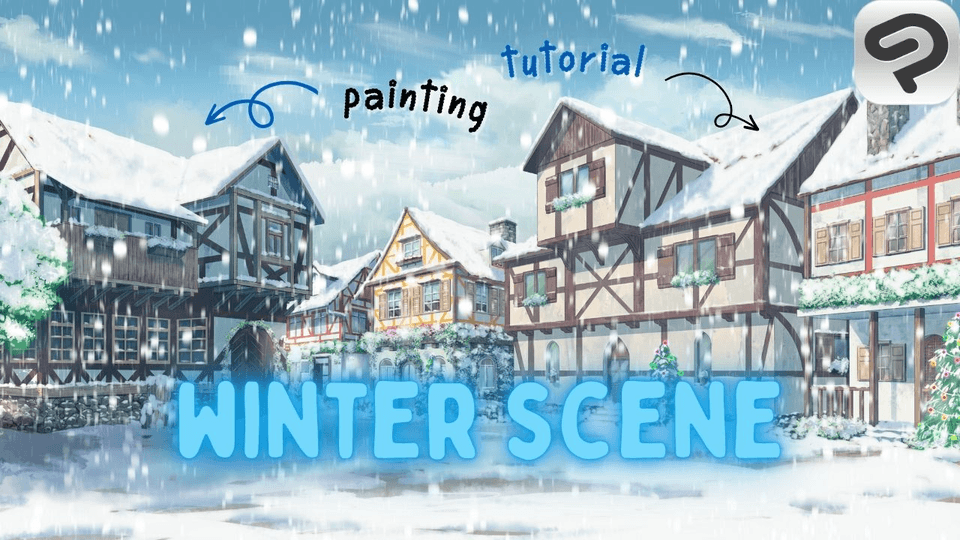

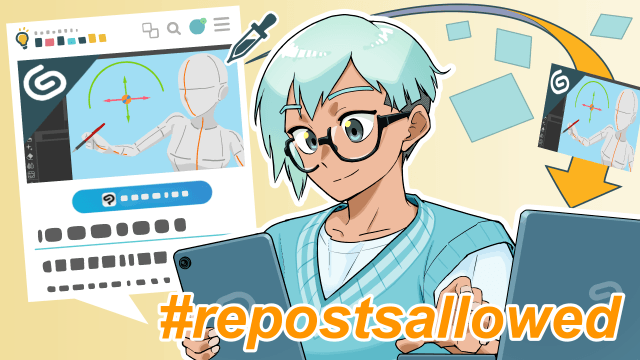


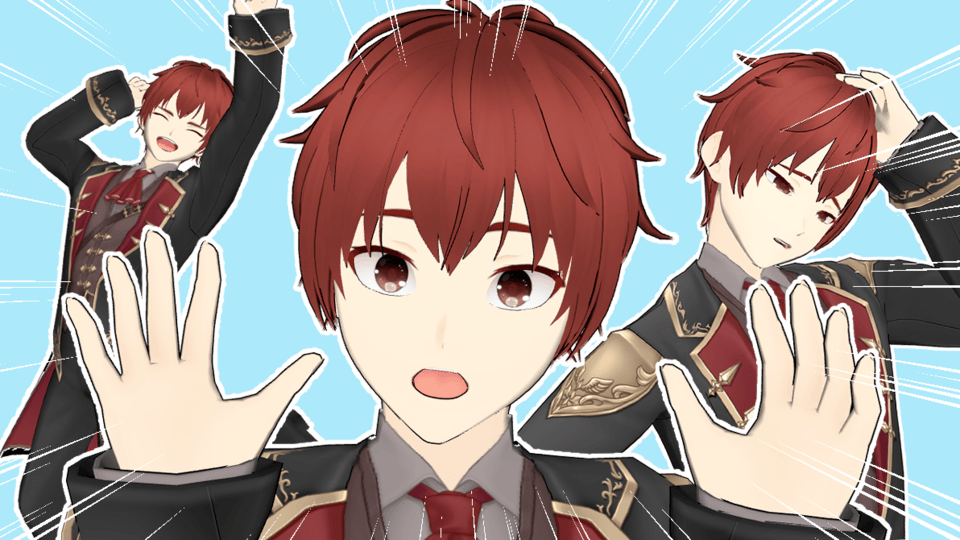
Comment